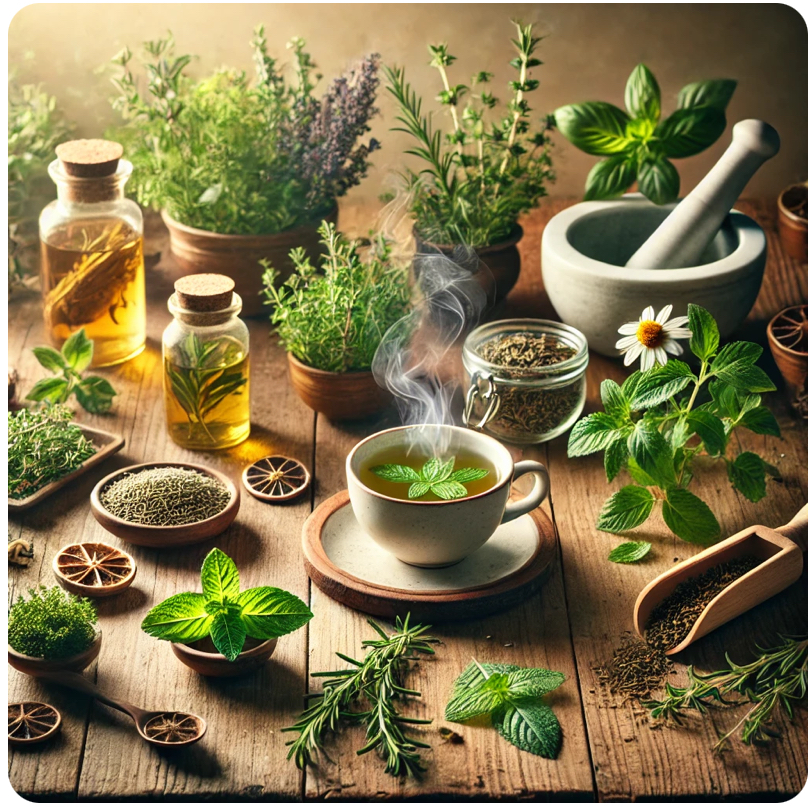Herbal remedies have been integral to traditional medicine systems like Ayurveda, Traditional Chinese Medicine, and Western herbalism for centuries. These natural treatments utilize various parts of plants—such as leaves, roots, flowers, seeds, or bark—to promote health and prevent ailments.
Incorporating herbs into your daily routine can be both simple and beneficial. For instance, adding fresh or dried herbs like rosemary and thyme to roasted vegetables can enhance flavor while providing health perks. Similarly, dill and parsley make excellent additions to salads. Herbal teas, such as chamomile, mint, or hibiscus, offer soothing effects and are rich in health benefits. You might also consider infusing water with herbs like mint and basil for a refreshing twist.
Specific herbs are renowned for their targeted health advantages. Ginger, for example, is known to help reduce nausea, while peppermint can soothe the stomach, and fennel may aid in reducing bloating. Incorporating these herbs into your diet as teas or seasonings can work wonders for gut health.
For those interested in crafting their own herbal remedies, simple recipes like Broadleaf Plantain Tea are both soothing and nutritious. This tea is easy to prepare and allows you to enjoy the benefits of broadleaf plantain in a warm, comforting beverage.
Embracing the power of nature through herbal remedies can support your wellness journey, nurturing both mind and body. However, it’s essential to consult with a healthcare provider before introducing new herbs into your routine, especially if you have existing health conditions or are taking other medications.

Leave a Reply